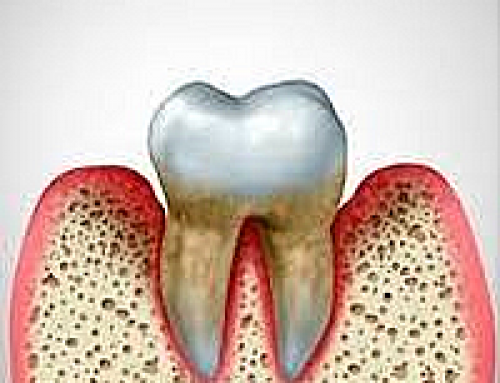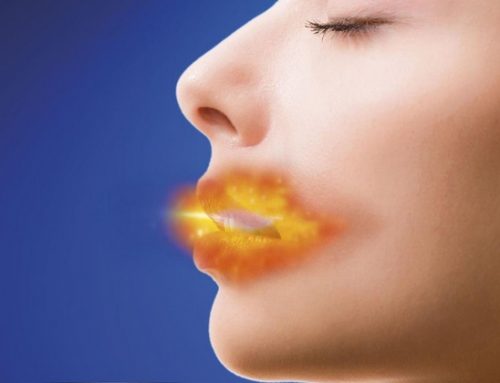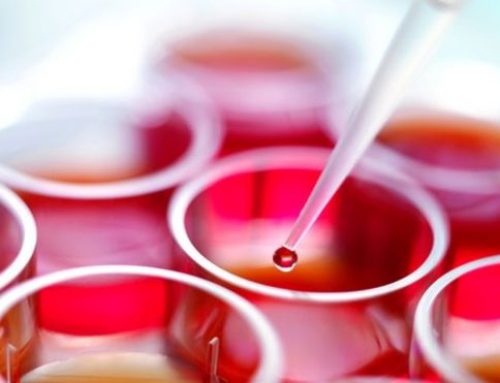Riccia, Della D., Bizzini F., Perilli M. G., Polimeni A., Trinchieri V., Amicosante G., & Cifone M. G. (2007)
Abstract
Objectives: To analyze the anti-inflammatory effects of Lactobacillus brevis extracts on periodontitis patients and to investigate the involved mechanisms in vitro on activated macrophages.
Methods: Eight healthy subjects and 21 patients with chronic periodontitis were enrolled to analyze the effect of L. brevis-containing lozenges on periodontitis-associated symptoms and signs. Before and after the treatment, the patients received a complete periodontal examination. Saliva samples, collected before and after treatment, were analyzed for metalloproteinase and nitric oxide synthase (NOS) activity, immunoglobulin-A (IgA), prostaglandin E(2) (PGE(2)) and gamma-interferon (IFN-gamma) levels. Arginine deiminase (AD) and NOS activities were determined through a radiometric assay. Metalloproteinases were assayed by zymogram and Western blotting, whereas IgA, PGE(2) and IFN-gamma were assayed by enzyme-linked imunosorbent assay tests.
Results: The treatment led to the total disappearance or amelioration of all analyzed clinical parameters in all patients. This was paralleled to a significant decrease of nitrite/nitrate, PGE(2), matrix metalloproteinase, and IFN-gamma levels in saliva samples.
Conclusion: Our results suggest that the anti-inflammatory effects of L. brevis could be attributed to the presence of AD which prevented nitric oxide generation. Our findings give further insights into the knowledge of the molecular basis of periodontitis and have a potential clinical significance, giving the experimental ground for a new innovative, simple and efficacious therapeutical approach of periodontal disease.








Leave A Comment
You must be logged in to post a comment.